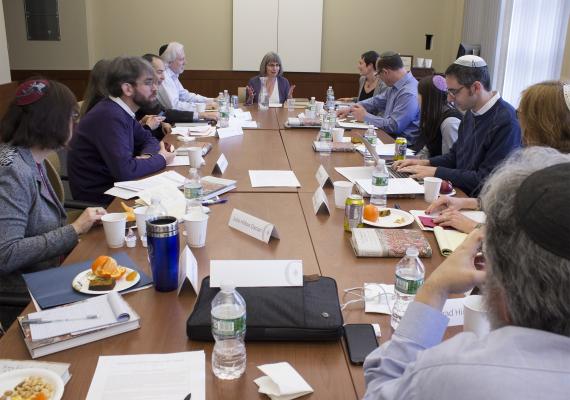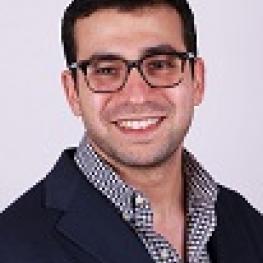A Meeting of Minds

Before Jewish studies took off as an independent discipline in the 1960s, many would-be Jewish studies academics became rabbis and used their rabbinic platforms as opportunities to cater to both their congregants and their intellectual interests. In addition to their sermons and other writings oriented toward the congregation, a number of rabbis—including the likes of Louis Jacobs and Milton Steinberg, as well as Steven Schwarzschild and Mordecai Kaplan earlier in their careers—wrote scholarly articles and books. Today scholarship in Jewish studies is deeply specialized, with academic subdisciplines ranging from Dead Sea scrolls to contemporary American Jewish literature, and the rabbinate is populated more by leaders than by working scholars.
So, when I was asked to address the group of rabbis participating in LEAP (a program the Katz Center offers in partnership with Clal), I thought, “why burden rabbis with the wholly theoretical questions about Hasidic thought I am working on?” As I began to teach I was still ruminating on what relevance my esoteric research project on Hasidism’s theological opposition to secular knowledge would have for practitioners who spend the bulk of their days handling the here and now, from the personal needs of congregants to institutional crises. Quickly, however, I perceived the enthusiasm and intellectual eagerness—indeed, thirst—with which the rabbis engaged in our “wholly theoretical” discussion.
In our ninety minutes together, we explored Hasidism’s construct of the “secular,” and why Hasidism so strenuously opposes secular knowledge, which it calls “external wisdom.” The discussion segued into a set of reflections: are Hasidic Jews so dissimilar from mainstream American Jewry as to warrant a lack of engagement with them? To what extent are progressive Jews also fundamentalists with respect to the very principles and values they live by? Was Menachem M. Schneersohn’s anti-assimilationist message an offshoot of his general counter-culturalism, or was it the other way around? And how similar is it when rabbis like the ones in LEAP discourage their communities from assimilating into what we might call “radical technologicalism,” from being glued to their iPhones at the expense of meaningful connection?
Hasidism’s opposition to secular knowledge provided rich fodder for discussion about Jewish identity in the modern world and my time with the LEAP rabbis led me to reevaluate some of my own conclusions about the nature of fundamentalism in Jewish thought. I deeply appreciated the insights that the rabbis shared. Clearly, the divide between the academy and the rabbinate, between the theoretical scholar and the practitioner, need not be so stark. Rabbinic training and academic preparation differ from one another today, but it need not follow that there be total separation between the two groups. They often engage the same texts, ideas, and even ideals, and each is enriched by engagement with the other.
